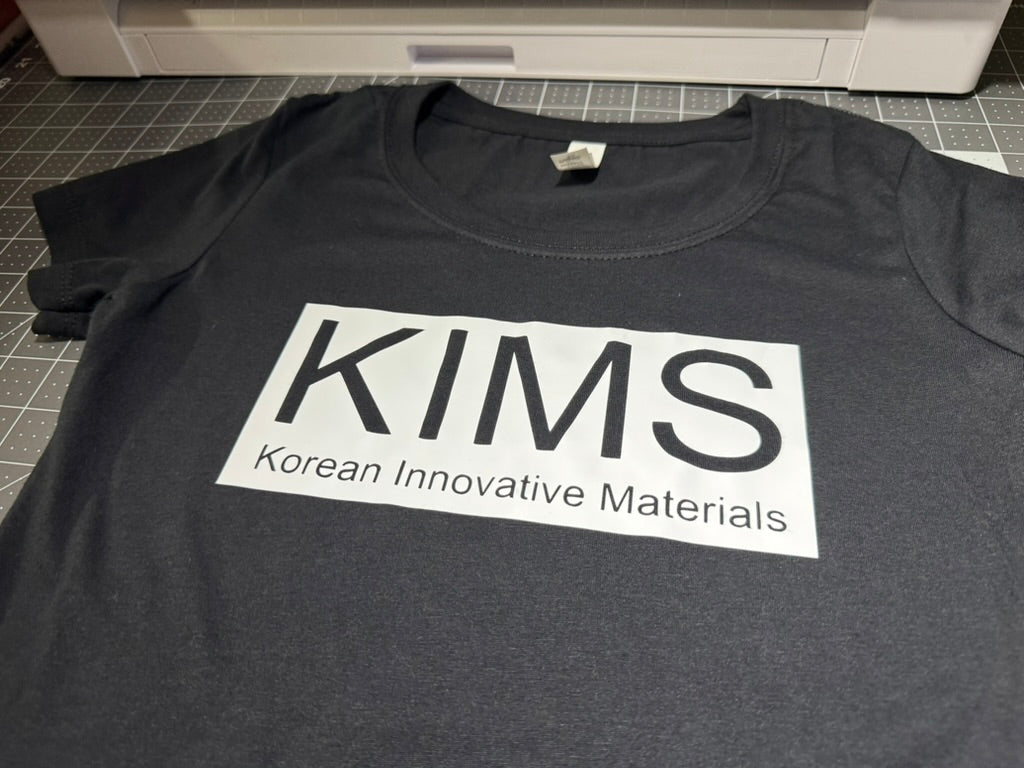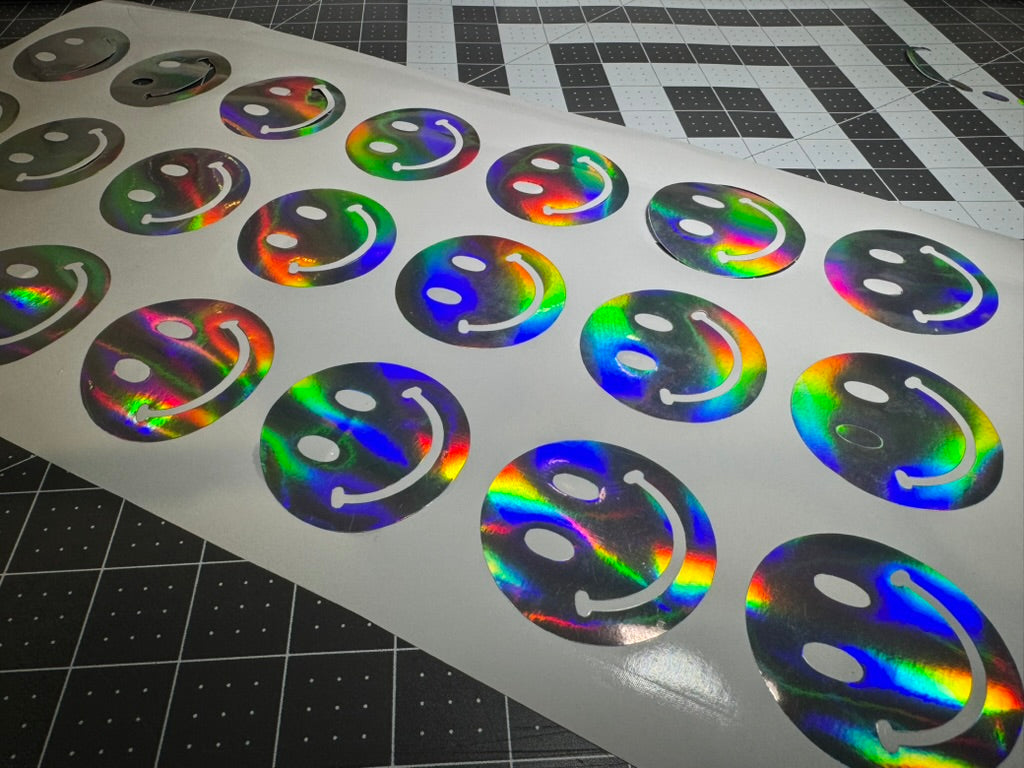Starting a t-shirt business involves more than just creating designs and printing shirts. There are legal steps that apply to business owners in the United States, even for home-based or side-hustle operations.
Understanding key legal requirements helps ensure that the business operates within the law. This includes choosing the right legal structure, registering the business, and handling taxes properly.
This guide outlines the main legal steps involved in starting a t-shirt business in 2025. It is written for first-time business owners who want clear, easy-to-follow information.
Choose Your Legal Structure For A T-Shirt Business
The legal structure of your t-shirt business affects how you pay taxes, your personal liability, and paperwork requirements. Most small t-shirt businesses choose between three main options:
Sole Proprietorship: The simplest structure where you and your business are the same legal entity. While easy to set up, this option doesn't protect your personal assets if your business faces legal issues.
Limited Liability Company (LLC): Creates separation between you and your business. If someone sues your t-shirt company, your personal savings and property are typically protected. LLCs can be taxed as pass-through entities, meaning profits pass directly to your personal tax return.
Corporation: More complex with additional requirements and paperwork. Corporations offer strong liability protection and can make it easier to raise money, but they involve more compliance obligations.
Many home-based t-shirt businesses start as sole proprietorships because of the simplicity. As they grow, many convert to LLCs for added protection without excessive paperwork.
|
Structure Type |
Liability Protection |
Tax Treatment |
Setup Complexity |
Best For |
|---|---|---|---|---|
|
Sole Proprietorship |
None |
Personal income tax |
Low |
Home-based beginners |
|
LLC |
Yes |
Pass-through |
Medium |
Growing businesses |
|
Corporation |
Yes |
Corporate tax |
High |
Larger operations with investors |
Register Your T-Shirt Company And Get A DBA
Once you choose a business structure, you'll need to register your t-shirt business with the proper authorities. If you plan to use a business name different from your legal name, you'll also need a "Doing Business As" (DBA) registration.
1. Research State Requirements
Each state has different registration rules. Visit your state's Secretary of State website to learn what's required for your t-shirt business. Some states have online portals where you can register in a single session, while others require paper forms.
-
Common requirements: Business name availability search, registration application, and filing fee
-
Processing time: Typically 1-3 weeks, though some states offer expedited service for an additional fee
2. File Paperwork With Local Authorities
After state registration, check with your city or county government about local requirements. Many areas require a local business license even for home-based t-shirt operations.
For home-based businesses, be aware of zoning regulations that might restrict commercial activities in residential areas. Some neighborhoods or homeowners associations have additional rules about running businesses from home.
3. Formalize Your DBA
A DBA (Doing Business As) registration allows you to operate under a brand name. For example, if your legal name is Jane Smith, but you want to call your business "Creative Tees," you'll need a DBA.
-
County filing: Most DBA registrations happen at the county level
-
Publication: Some states require you to publish your DBA in a local newspaper
-
Renewal: DBAs typically expire after 3-5 years and need renewal
Obtain An EIN And Sales Tax Permit
An Employer Identification Number (EIN) and sales tax permit are essential for t-shirt businesses. These documents allow you to open business accounts, hire employees, and legally collect sales tax.
1. Get An EIN Online
An EIN is like a social security number for your business. The IRS provides EINs free through their website. The online application takes about 15 minutes, and you'll receive your number immediately upon completion.
Even if you don't have employees, an EIN helps separate your business from your personal finances. Banks typically require an EIN to open a business account, and wholesalers may ask for it when setting up accounts.
2. Apply For A Sales Tax Permit
Since t-shirts are physical products, most states require you to collect sales tax. A sales tax permit (sometimes called a seller's permit or resale certificate) authorizes you to collect this tax from customers.
Apply through your state's department of revenue or taxation. The application typically asks for your business information, expected monthly sales, and bank account details. Some states charge a small fee or require a security deposit based on your estimated sales.
For online t-shirt sellers, be aware that you may need to collect sales tax in multiple states if you reach certain sales thresholds in those locations.
3. Comply With Ongoing Filing
Once you have your sales tax permit, you'll need to file returns regularly—usually monthly, quarterly, or annually depending on your sales volume and state requirements.
Even if you have no sales in a given period, many states still require you to file a "zero return." Missing filings can result in penalties or revocation of your permit.
Get A Resale Certificate And Wholesale Purchasing Access
A resale certificate allows you to buy blank t-shirts, vinyl, and other supplies without paying sales tax, since these items are being purchased for resale.
1. Check State-Specific Rules
Resale certificates vary by state. Some states use the same form as your sales tax permit, while others require a separate application. Contact your state's tax department to learn the specific requirements.
Many suppliers will keep your resale certificate on file so you don't have to provide it for each purchase. However, you'll typically need to renew this information annually.
2. Present Certificate To Wholesalers
When setting up accounts with t-shirt wholesalers and vinyl suppliers, you'll provide your resale certificate to make tax-free purchases. This saves money and improves your profit margins on finished products.
Keep detailed records of all tax-free purchases, as you may need to show these during a tax audit. Only items that become part of your final product qualify for the sales tax exemption.
Avoid Copyright And Trademark Pitfalls
The t-shirt industry is particularly vulnerable to intellectual property issues. Using copyrighted images, trademarked phrases, or celebrity likenesses without permission can lead to legal problems.
Copyright protects creative works like art, photos, and text. Trademark protects brand identifiers like logos and slogans. Using these without permission is infringement, even if you:
-
Make small changes to the original
-
Don't sell many shirts
-
Give credit to the owner
-
Found the image online without a copyright notice
Best practices for t-shirt designs include:
-
Create original artwork: Design your own graphics or hire a designer who creates original work
-
Use licensed images: Purchase commercial-use licenses from stock photo sites or graphic marketplaces
-
Check trademarks: Search the USPTO database before using phrases or logos that might be protected
-
Understand fair use limits: Fair use has narrow applications and generally doesn't cover selling t-shirts with others' intellectual property
Open A Business Bank Account And Protect Your Assets
Separating personal and business finances is crucial for legal protection and tax clarity. This separation (called the "corporate veil" for LLCs and corporations) helps maintain your liability protection.
1. Separate Your Business Finances
To open a business bank account, bring your:
-
EIN documentation
-
Business formation paperwork (LLC articles of organization or similar)
-
Business license
-
DBA certificate (if applicable)
Even sole proprietors benefit from separate accounts by making tax preparation simpler and creating a more professional image when dealing with customers and suppliers.
2. Consider Business Credit Lines
As your t-shirt business grows, you might need funding for larger equipment purchases or bulk material orders. A business credit card or line of credit can help manage cash flow while building your business credit history.
Start by applying for a small business credit card, which typically has less stringent requirements than loans. Use it for business expenses and pay it off regularly to build a positive credit history.
Do I Need Insurance For My T-Shirt Business
Insurance protects your t-shirt business from unexpected events that could otherwise be financially devastating. Even small, home-based operations face risks that insurance can help mitigate.
1. General Liability Insurance
This basic coverage protects against claims of bodily injury or property damage. For example, if you sell at a craft fair and someone trips over your display, general liability would cover their medical bills and your legal costs.
Most event venues and markets require vendors to have liability insurance. Annual policies typically cost $500-1,000 for small t-shirt businesses, though you can also find per-event coverage.
2. Product Liability Coverage
Product liability insurance covers claims related to your t-shirts causing harm. While clothing seems low-risk, issues can arise from allergic reactions to materials or prints, or from designs that could be considered harmful or offensive.
This coverage is often included in general liability policies but confirm this with your insurance provider. If you create custom designs or use special materials, mention these when applying for coverage.
3. Home Or Commercial Property Insurance
Standard homeowner's insurance typically doesn't cover business equipment or inventory. If you run your t-shirt business from home, ask your insurance agent about:
-
Adding a home business endorsement to your existing policy
-
Getting a separate in-home business policy
-
Insuring specific high-value equipment like heat presses or vinyl cutters
For businesses with dedicated commercial space, commercial property insurance protects your location, equipment, and inventory from damage or theft.
Building A Strong Legal Foundation For Future Growth
Setting up the legal aspects of your t-shirt business correctly from the start creates a solid foundation for growth. When your business is properly registered and compliant, you can focus on creating designs and building your customer base rather than dealing with legal complications.
As your business grows, you'll find that having the right structure and documentation makes it easier to:
-
Apply for business loans
-
Bring on partners or investors
-
Expand into retail locations
-
Hire employees
-
Sell through major platforms that require formal business documentation
The legal steps outlined in this guide are investments in your business's future. They provide protection, credibility, and the framework needed to scale your t-shirt company beyond a hobby into a thriving enterprise.
Ready to bring your t-shirt designs to life? Shop our vinyl rolls and heat transfer products at KIMS Direct for professional-quality materials that will help your new t-shirt business stand out from the competition.
FAQs About Starting A Tee Shirt Company
How do I handle multi-state sales tax for my online t-shirt business?
Economic nexus laws require online t-shirt sellers to collect sales tax in states where they reach certain sales thresholds, typically between $100,000 in sales or 200 transactions annually, depending on the state.
When should I trademark my t-shirt brand name or logo?
Consider trademarking your brand name or logo once you've established consistent commercial use and have confirmed through a trademark search that no similar marks exist in the t-shirt or apparel category.
Do I need a separate DBA for each t-shirt brand name I create?
Yes, if you plan to operate multiple t-shirt brand names under one business entity, each distinct brand name requires its own DBA registration to legally conduct business and open bank accounts using those names.
What permits do I need for selling t-shirts at local events and markets?
Temporary vendor permits, event-specific licenses, and proof of sales tax registration are typically required for selling t-shirts at local events, with specific requirements varying by city and venue.
How do I legally hire employees for my t-shirt company?
To legally hire employees, obtain an EIN, register with your state's labor department, set up workers' compensation insurance, create a payroll system that withholds taxes, and verify employment eligibility using Form I-9.







